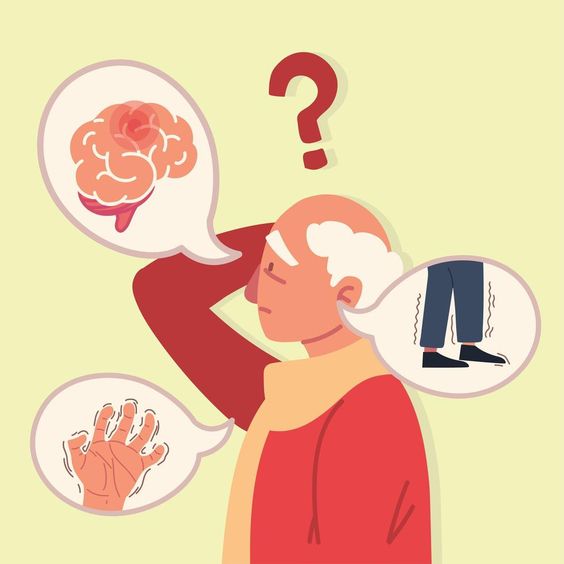Introduction:
Parkinson's disease is a chronic and progressive neurological disorder that affects movement. It is characterized by tremors, stiffness, slowness of movement, and difficulty with balance and coordination. While there is no cure for Parkinson's disease, there are many things that can be done to manage the symptoms and improve quality of life.

This article will provide an overview of Parkinson's disease, including its symptoms, causes, and treatment options. We will also discuss lifestyle changes that can help manage the condition, such as exercise, diet, and stress management.
Understanding Parkinson's Disease:
Parkinson's disease occurs when nerve cells in the brain that produce dopamine, a neurotransmitter that controls movement, become impaired or die. As dopamine levels decrease, it becomes increasingly difficult to control movement.
The exact causes of Parkinson's disease are unknown, but research suggests that a combination of genetic and environmental factors may play a role.
Managing Symptoms:
While there is no cure for Parkinson's disease, there are many treatment options available to manage symptoms and slow the progression of the disease. These include:
- Medications: Medications can help increase dopamine levels in the brain, reduce tremors, and improve movement control.
- Therapy: Physical, occupational, and speech therapy can help improve mobility, flexibility, and communication skills.
- Lifestyle Changes: Regular exercise, a healthy diet, and stress management techniques can help improve symptoms and overall well-being.
Living with Parkinson's Disease:
Living with Parkinson's disease can be challenging, but there are many resources available to help individuals and their families cope. Support groups, online communities, and healthcare professionals can provide information, support, and guidance.
It is important to remember that everyone experiences Parkinson's disease differently. While the information provided in this article can be helpful, it is essential to consult with a healthcare professional for personalized advice and treatment options.

.jpg)